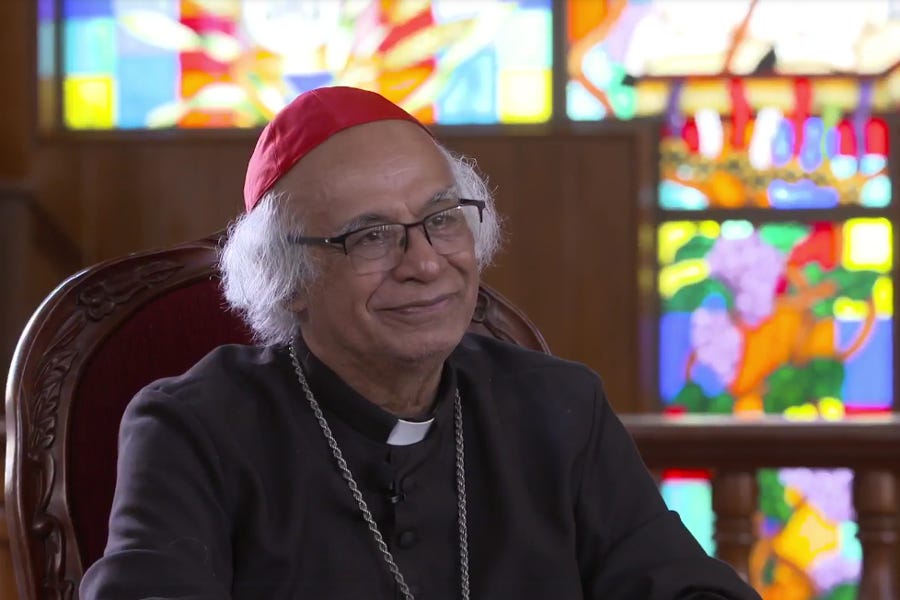Who will succeed Nicaragua’s Cardinal Brenes - and when?
Whether to accept the 75-year-old cardinal's resignation may not be a simple decision for Pope Francis.
Cardinal Leopoldo Brenes, the Archbishop of Managua, Nicaragua, marked his 75th birthday Thursday with an almost two-hour interview.

Brenes, who has led Nicaragua’s sole archdiocese since 2005, looked at ease during the wide-rangin…
